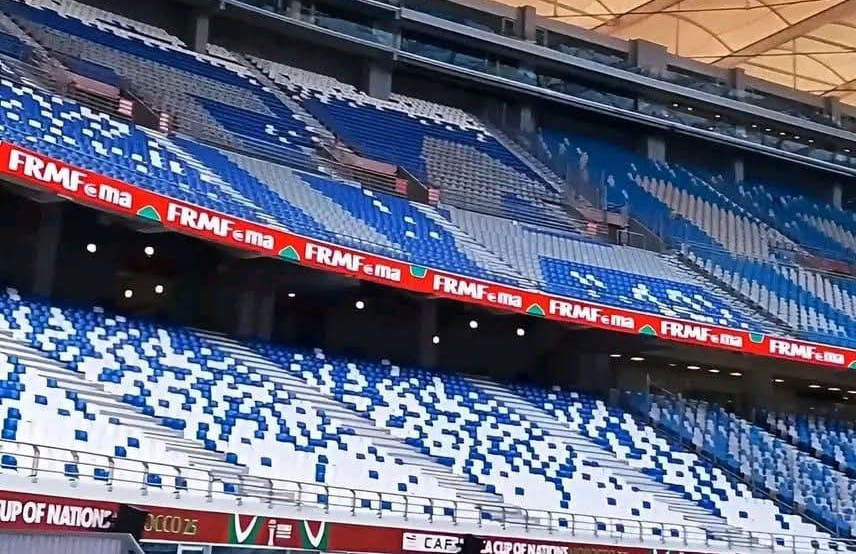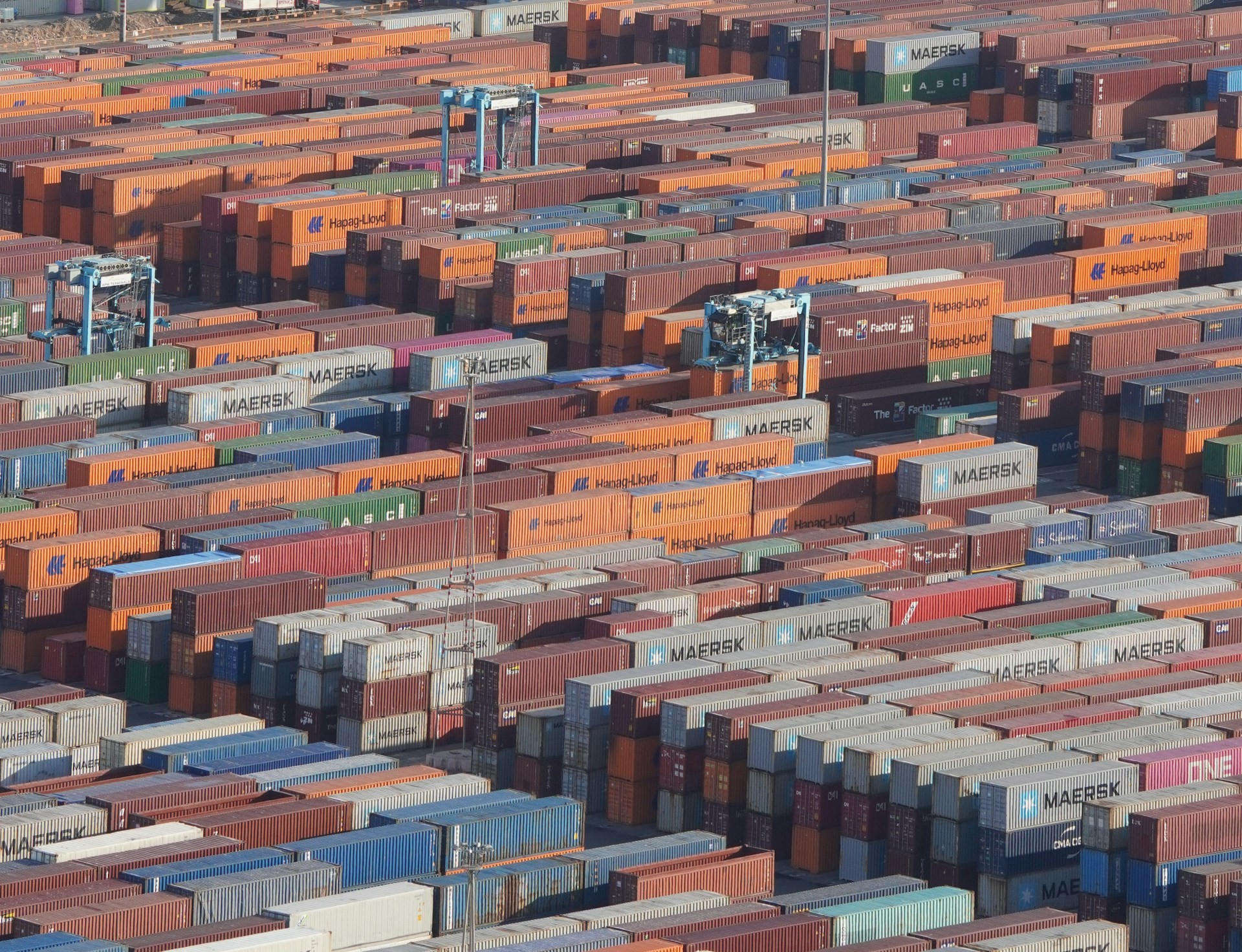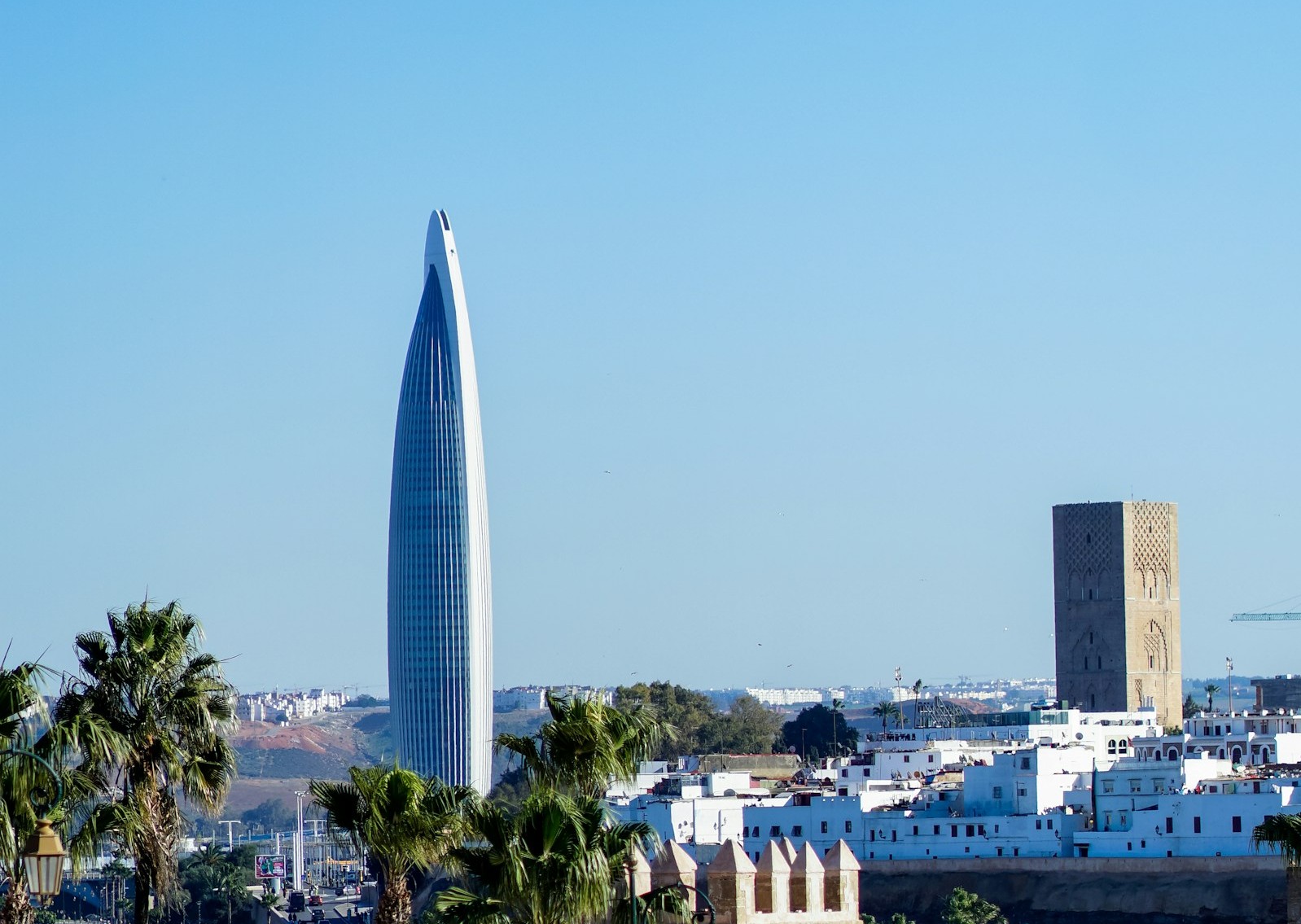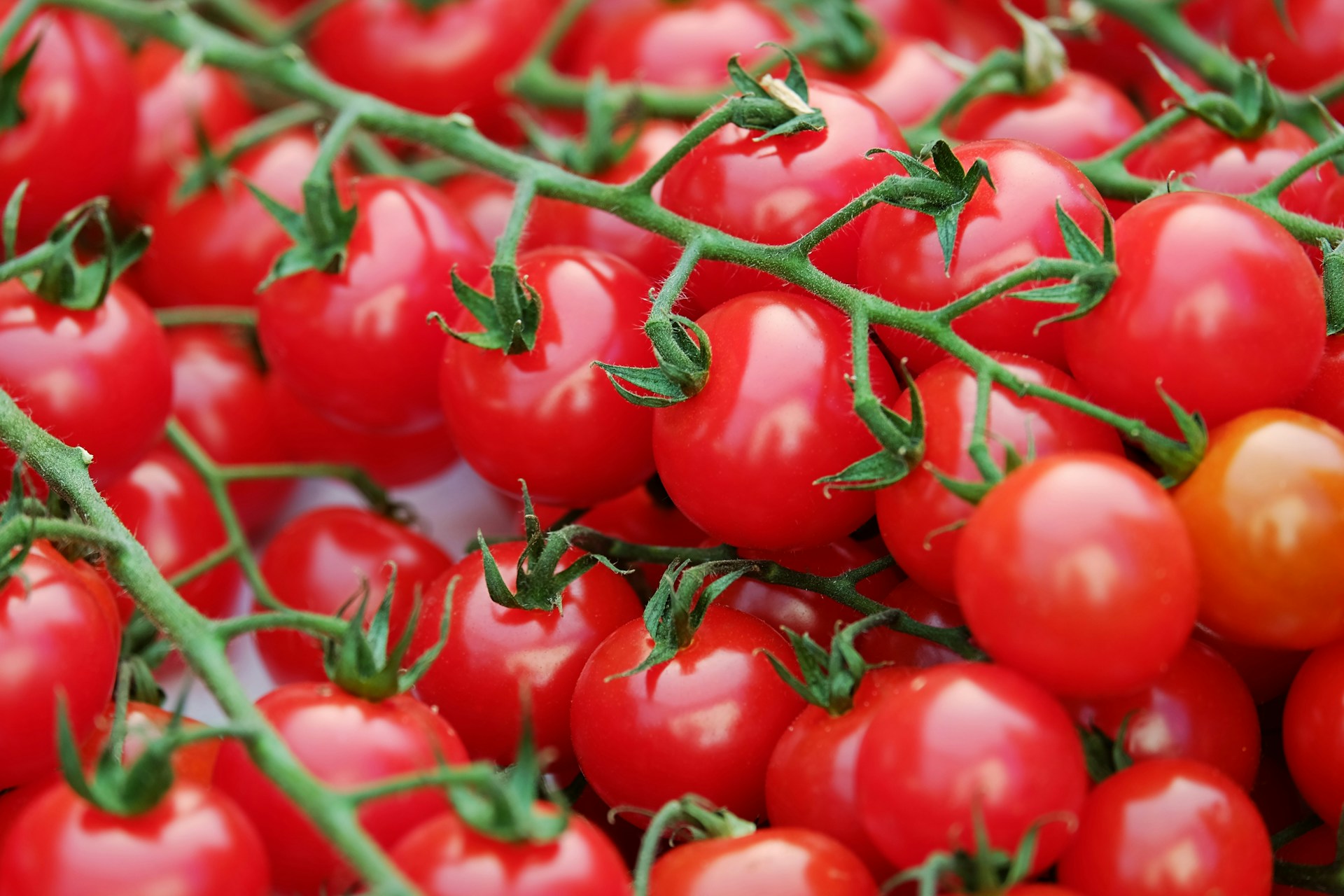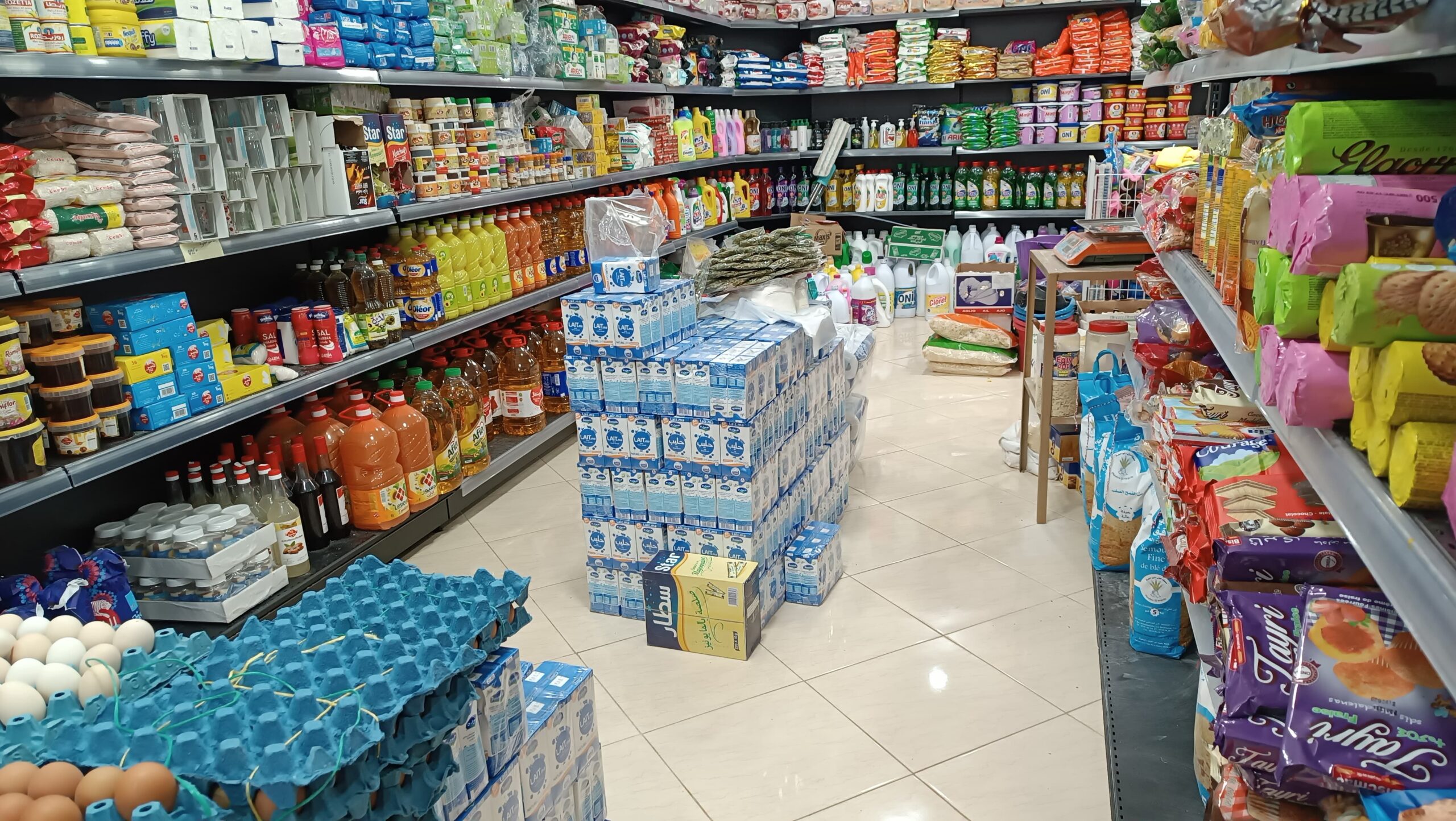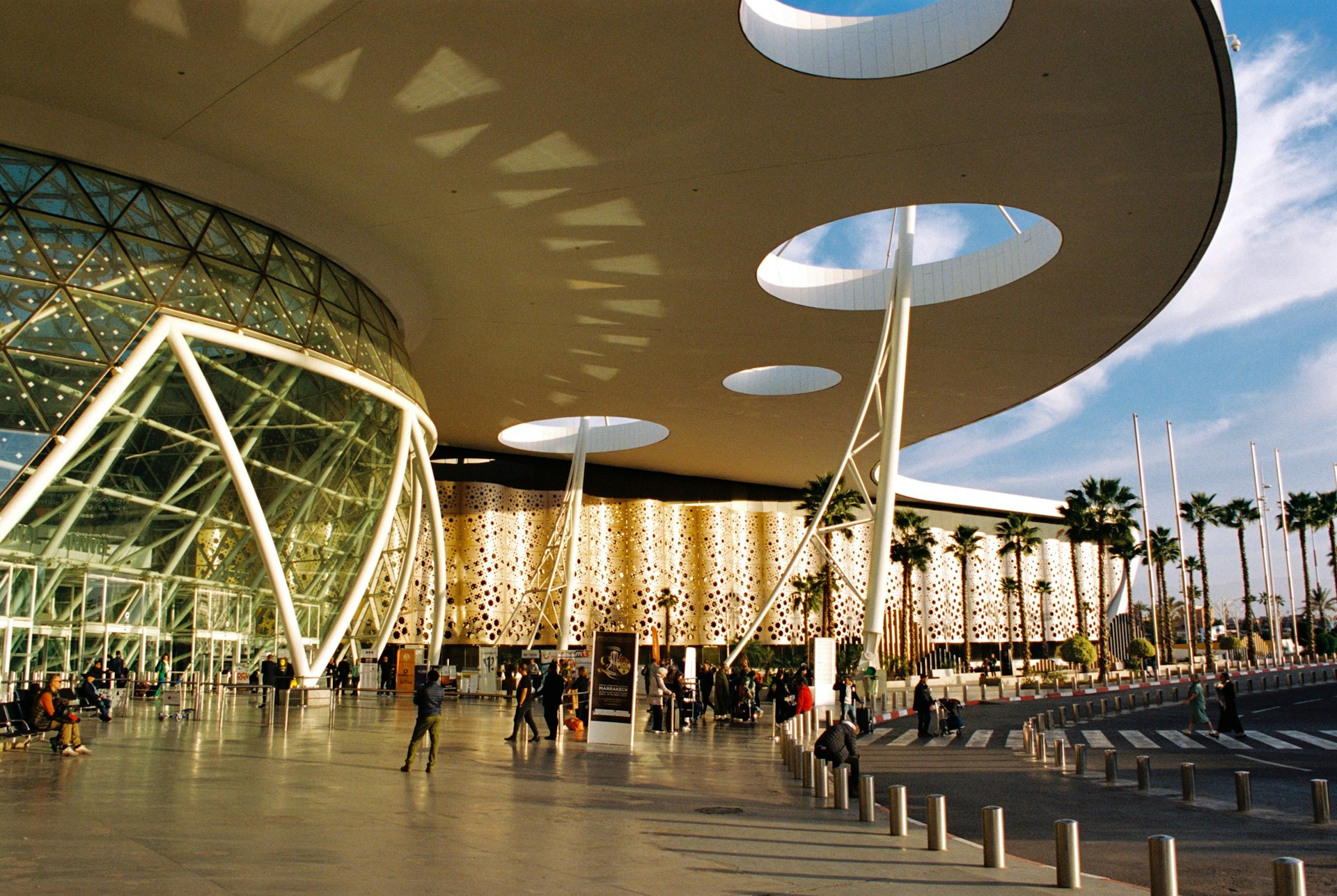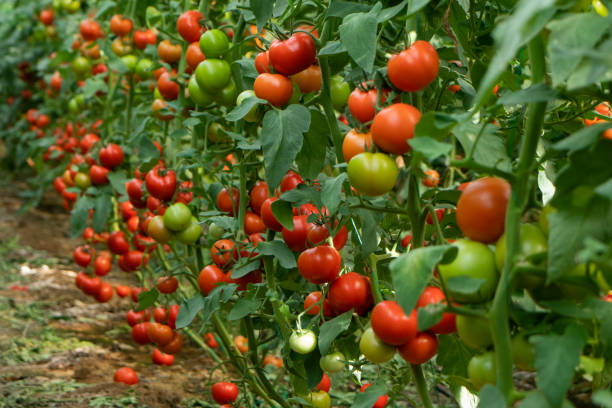Casablanca – In 2024, Russian agricultural exports to Morocco saw a significant increase, reaching approximately $280 million, a threefold rise compared to the previous year. This growth highlights the strengthening trade relations between the two countries, particularly in the grain and oilseeds sectors.
Wheat exports drive growth
The surge in Russian exports to Morocco was primarily driven by wheat shipments, which surpassed one million tons. This increase in supply allowed Russia to become the leading wheat supplier to Morocco, overtaking France, which had traditionally held this position. Competitive pricing and high-quality standards played a key role in Russia’s growing share of the Moroccan wheat market.
According to sector analysts, Morocco’s wheat imports have been increasing due to recurring droughts affecting domestic production. Estimates suggest that total wheat imports for the 2024 season could reach 7.5 million tons, with Russian wheat playing a crucial role in meeting this demand.
Expansion beyond wheat
Beyond wheat, Russia has diversified its agricultural exports to Morocco, including oilseeds, vegetable oils, and processed agricultural products. In 2024, Morocco resumed imports of Russian sunflower oil after a five-year hiatus. Additionally, shipments of sunflower meal and rapeseed meal reached Moroccan markets for the first time since 2015, contributing to Russia’s growing footprint in the country’s agricultural sector.
Other products such as barley, corn, legumes, beet pulp, and confectionery items have also been exported, further strengthening the trade relationship. Analysts project that Russia’s agricultural exports to Morocco could expand to $350 million annually, driven by continued demand for cereals, vegetable oils, and processed food products.
Future prospects
The expansion of Russian agricultural exports to Morocco aligns with Russia’s broader strategy of increasing its market presence in North Africa. Given Morocco’s dependence on grain imports due to climatic challenges, Russian exporters are expected to play a growing role in supplying key agricultural commodities.
With trade volumes steadily rising and new agricultural products entering the Moroccan market, experts anticipate further cooperation between the two nations in the coming years. The projected increase in Russian exports underscores Morocco’s evolving import strategies and the broader shifts in global agricultural trade dynamics.

